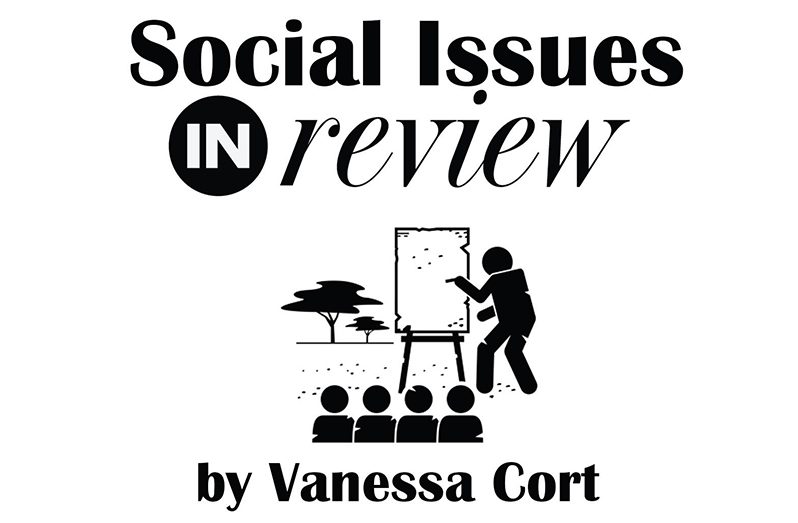IT is a problem affecting countries around the world, and while homelessness means literally being without a home or a safe place to live, the factors causing it are far more complex.
A documentary on cities in the United States with the biggest homeless problems revealed the major causes of the crisis are lack of job security, unavailability of affordable housing and mental health issues. The use of illicit and prescription drugs, such as opioids, is also a contributing factor and serves to confound the problem.
Worldwide, where around 150 million experience homelessness and 1.6 billion lack adequate housing, the major causes are poverty, unemployment and the rising cost of living. Access to adequate and safe housing is seen as a fundamental cause, along with displacement due to natural disasters or conflict and evictions.
The COVID-19 pandemic, five years ago, saw many losing their jobs and the resulting ‘domino effect’. Unable to meet rent or mortgage payments, people faced eviction or foreclosure on their homes, ultimately forcing them to resort to shelters or face life on the streets.
While Nigeria is considered to be the country with the highest number of homeless people, the United States is cited as the worst-affected industrialised country, with the state of California having the largest number of homeless people. This is a clear illustration that living in a highly developed country and a wealthy state does not guarantee adequate housing for all.
Indeed, homelessness can affect people of all races, sexes, ages and backgrounds, but precise figures are unavailable because the crisis is defined differently from country to country and does not include those who are lodging with friends or family.
Common to all countries, however, are those factors which contribute to homelessness, and one of which often receives scant attention is mental health. Not only can poor mental health lead to homelessness, but it can also be triggered by the crisis in what is termed a ‘bidirectional relationship’.
Persons with mental health issues find it difficult or impossible to maintain a job, handle finances and even cope with daily social interactions and routine self-care. And mental illnesses such as paranoia can cause conflicts, ultimately leading to housing insecurity and a lack of support in the wider community.
A study of homelessness in Guyana revealed co-existing mental health and substance abuse disorders. Many wander our streets disoriented and in their own private world, while others work to buy illicit drugs and are concerned with little else.
The Mental Health Protection and Promotion Act of 2022 was passed to address the link between homelessness and mental health, introducing measures aimed at combating the problem. And humanitarian groups like REACH and Potluck partnered to assist, including clothing, hygiene care and basic medical attention.
The Ministry of Human Services and Social Security also runs a Night Shelter offering temporary accommodation, food and care and provides a link so that those in need can receive support from the Health Ministry’s Mental Health Unit.
However, studies have shown that “a high prevalence of co-occurring mental health and substance abuse disorders complicate treatment and support”. Further, the stigma attached to substance abuse and mental illness results in these groups being marginalised, with homelessness being viewed as a result of poor choices.
The call, globally, is for greater resources to be allocated to deal with the complex problem of homelessness, which crosses all borders and affects practically every city in the world.
DISCLAIMER: The views and opinions expressed in this column are solely those of the author and do not necessarily reflect the official policy or position of the Guyana National Newspapers Limited.
Homelessness and mental health
SHARE THIS ARTICLE :
Facebook
Twitter
WhatsApp



.jpg)









